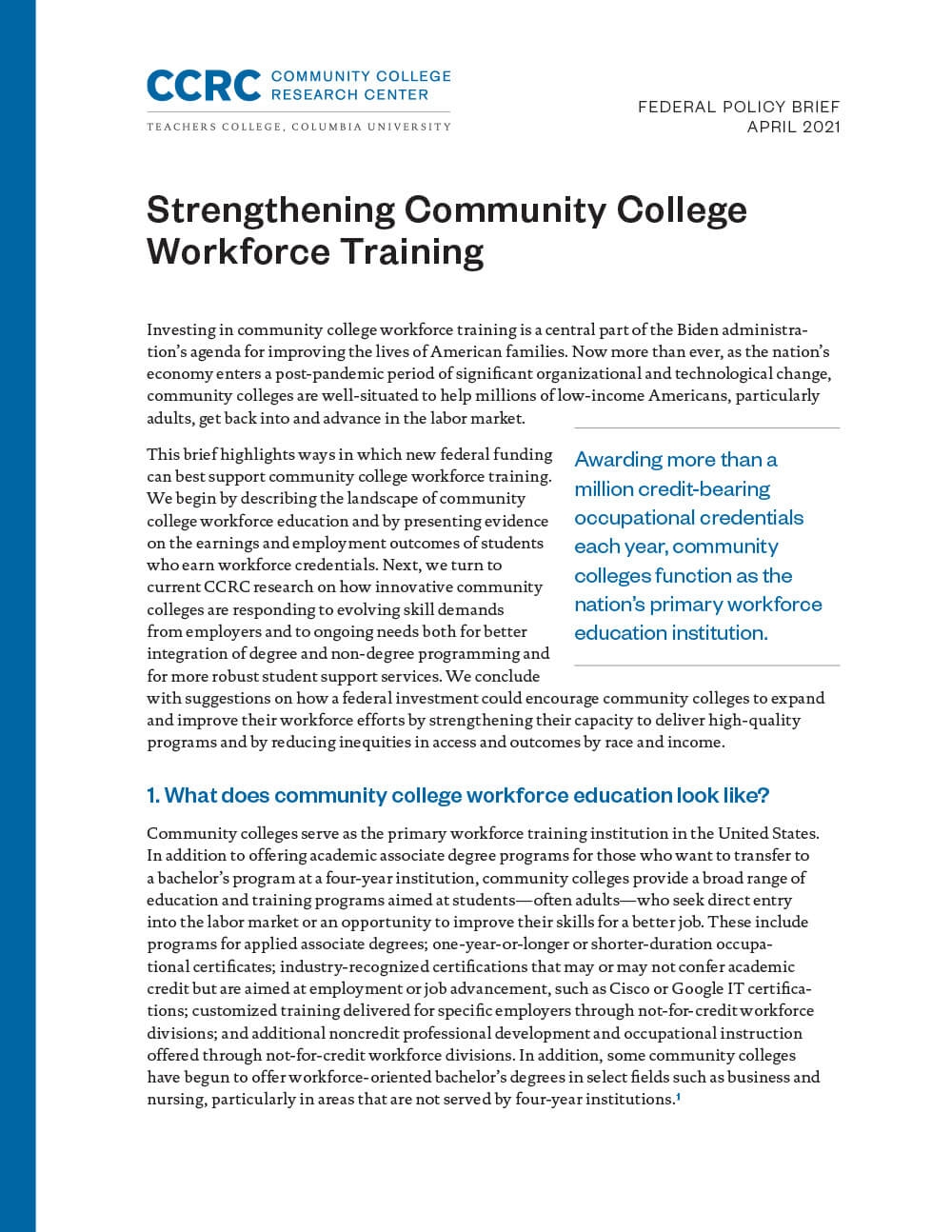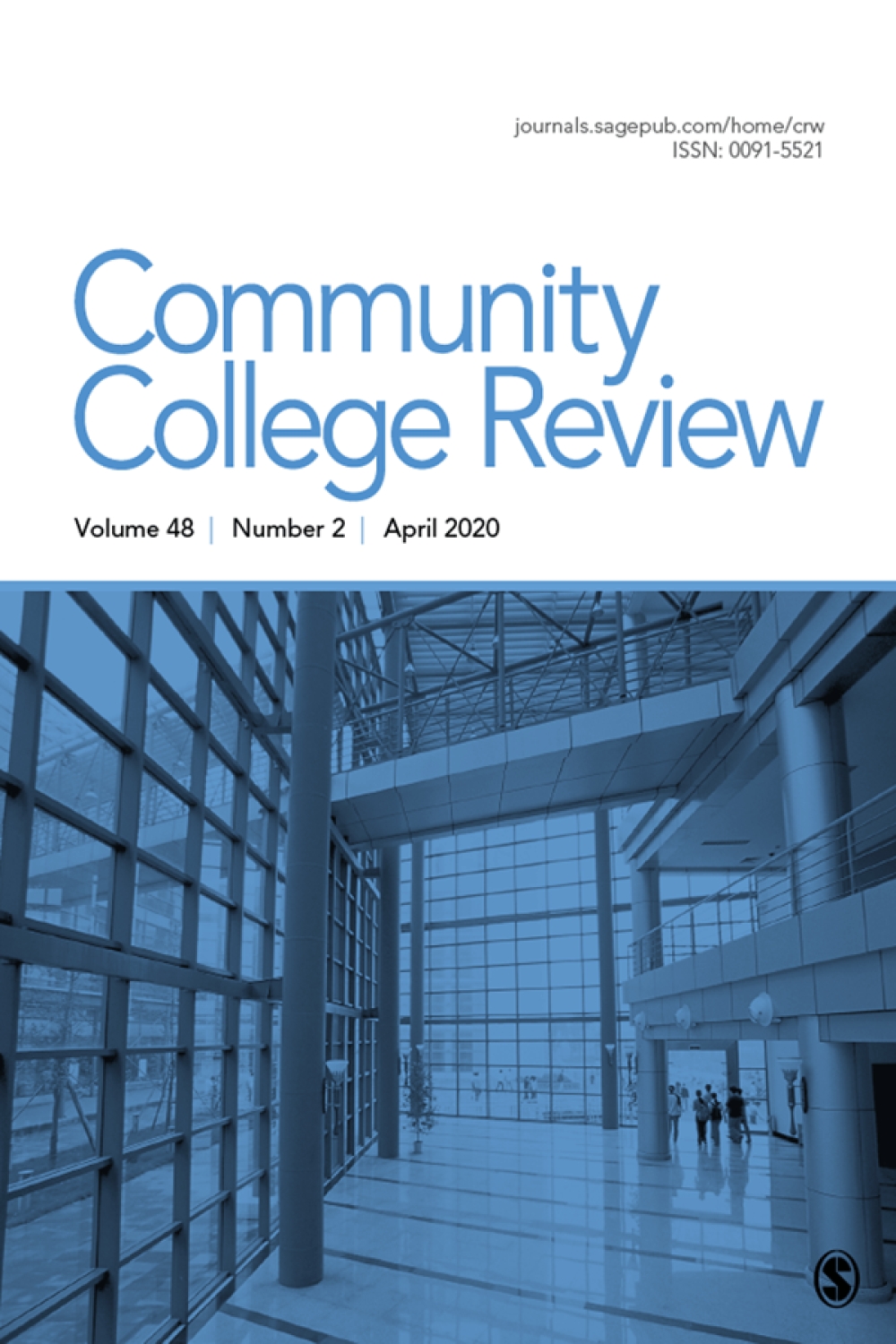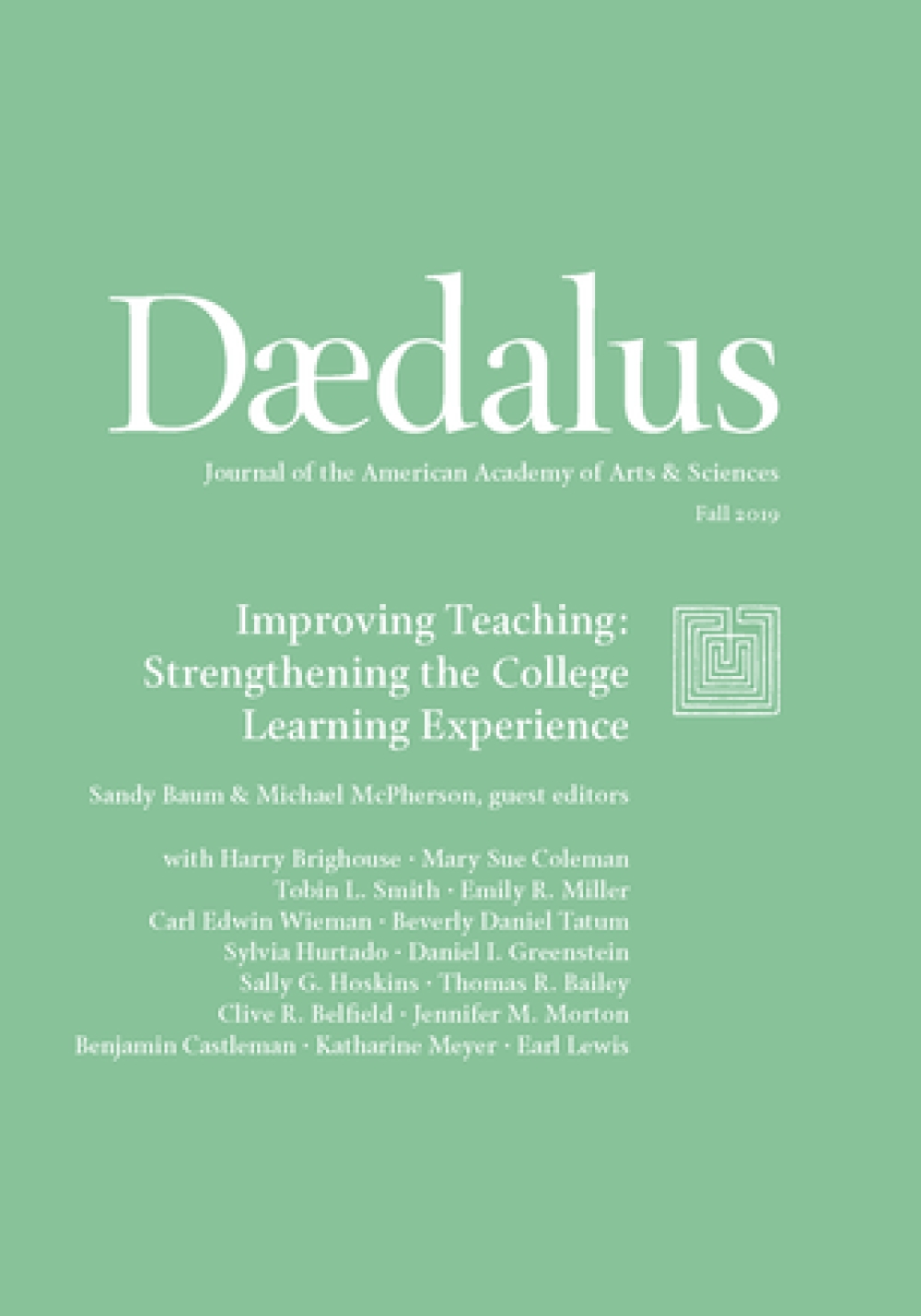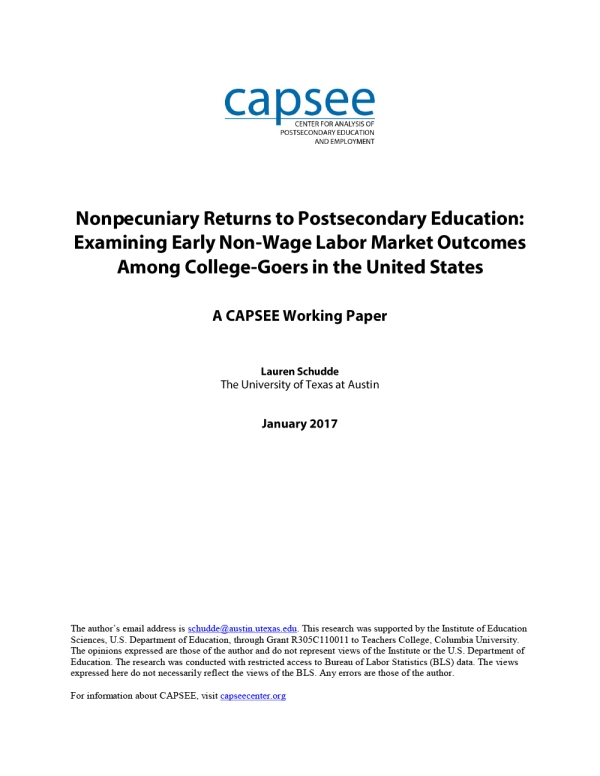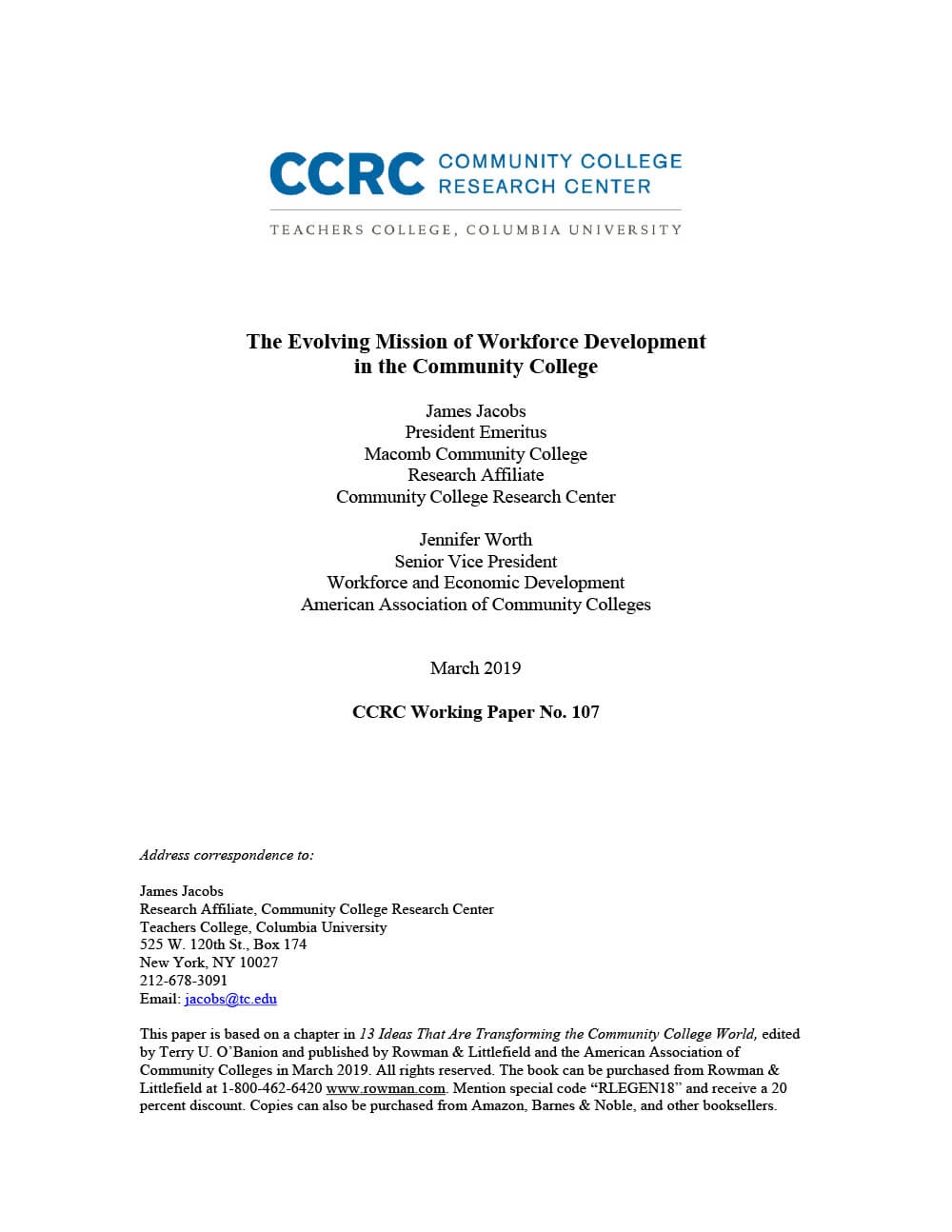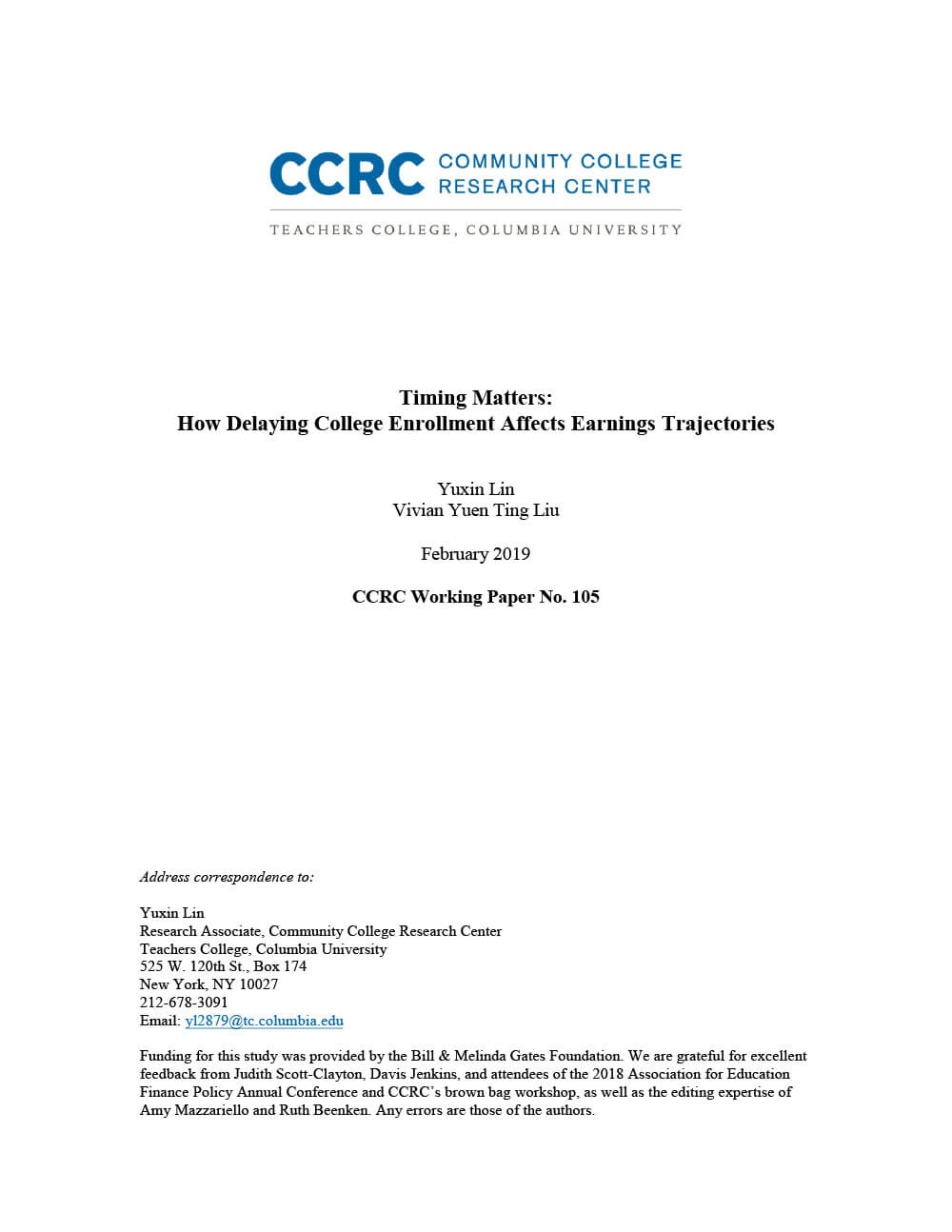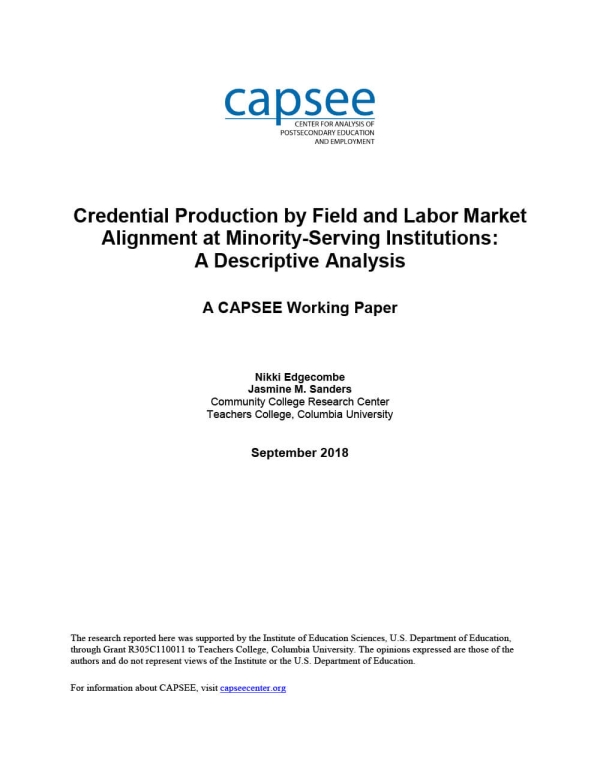May 2021
This set of three studies examines what states and community colleges can do to address the needs of racially minoritized adult learners who are pursuing postsecondary education and training as a path to re-employment, better jobs, and higher incomes.


